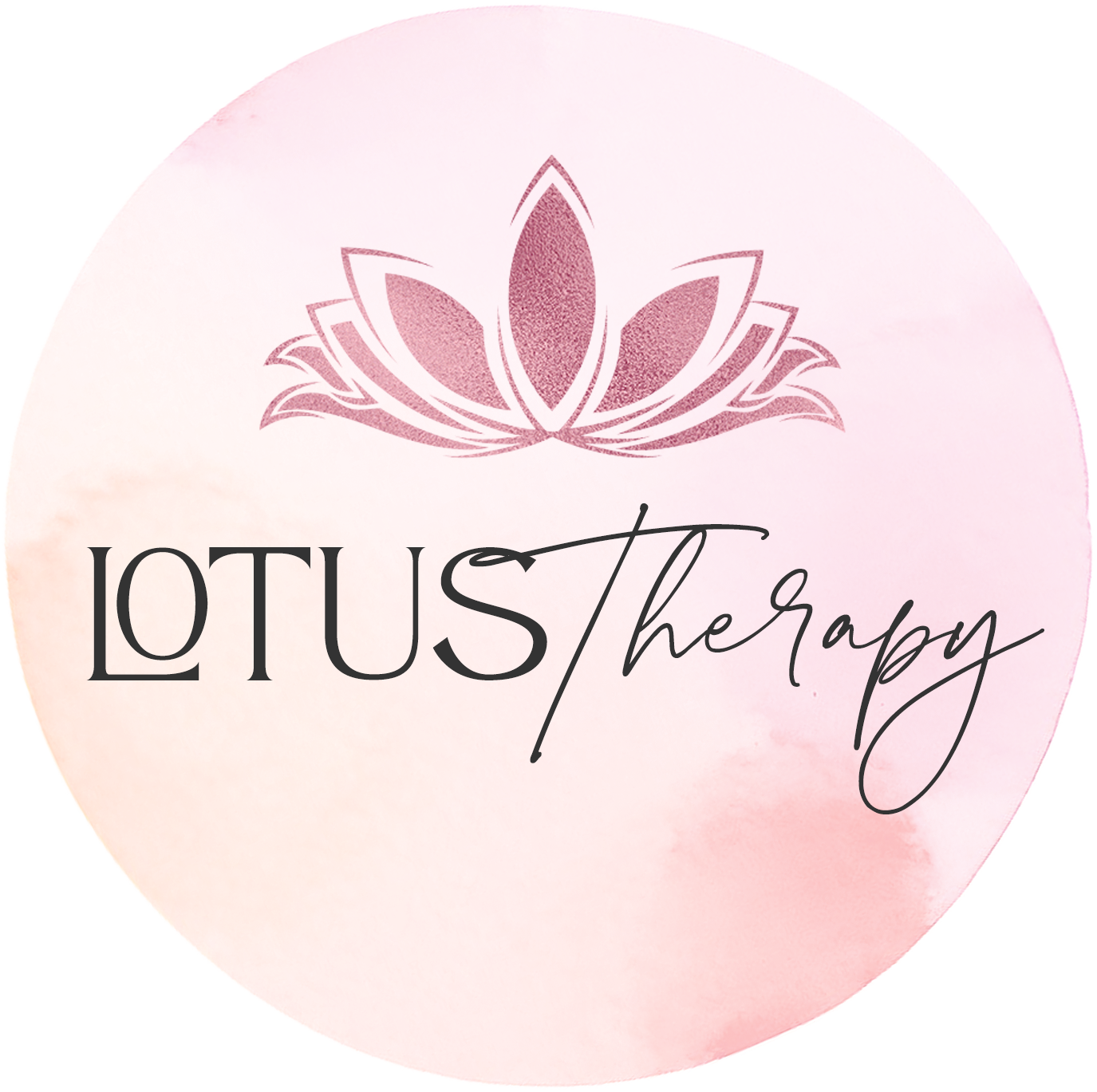The Reactive Ego
How It Sabotages Relationships and What to Do About It
We all have an ego. It’s the part of us that wants to protect, defend, prove, and preserve our sense of identity. In its healthy form, the ego can help us build confidence and navigate the world. But in its reactive state, the ego becomes something else entirely—a barrier to connection, compassion, and intimacy.
In romantic relationships, a reactive ego can show up in subtle ways or full-blown conflict. It’s the voice that needs to be right, the instinct to shut down, the urge to criticize, the resistance to vulnerability. And if left unchecked, it can quietly sabotage even the most loving partnerships.
In this post, we’ll explore what the reactive ego is, how it shows up in romantic relationships, and most importantly, how to move beyond it to build deeper trust, communication, and emotional safety.
What Is the Reactive Ego?
The reactive ego is your internal defense system. It gets triggered when you feel misunderstood, disrespected, judged, or emotionally exposed. It operates from fear, not love. From protection, not presence.
Its job is to preserve your identity, sense of control, and emotional safety—but often at the expense of the relationship itself.
It reacts, rather than responds. It argues instead of listens. It deflects rather than reflects.
How the Reactive Ego Shows Up in Relationships
You may not even realize when your ego is in charge—but once you start noticing it, the patterns become clear.
1. Needing to Be Right
When your ego is reactive, being right feels more important than being connected. You listen only to respond, not to understand. You defend your point of view even when it causes harm.
Common signs:
Interrupting or talking over your partner
Feeling uncomfortable admitting you were wrong
Needing to have the last word
2. Taking Things Personally
A reactive ego often misinterprets feedback, requests, or conflict as a personal attack. Instead of staying curious or open, you go into defense mode.
Common signs:
You hear “You forgot to take the trash out” as “You don’t care about me”
You feel instantly rejected if your partner is quiet or distant
You escalate disagreements because you feel misunderstood or blamed
3. Blame and Deflection
When you’re caught in ego, it’s hard to take responsibility. You deflect blame, minimize your impact, or turn the focus back on your partner.
Common signs:
“Well, you do that too”
“It’s not a big deal. You’re overreacting.”
“This wouldn’t be an issue if you didn’t…”
4. Avoiding Vulnerability
The reactive ego equates vulnerability with weakness. It resists emotional exposure and masks fear with anger, sarcasm, or emotional distance.
Common signs:
Withdrawing during emotional conversations
Shutting down instead of saying what you really feel
Reacting with frustration when you actually feel hurt or afraid
5. Controlling or Fixing
The ego seeks control to avoid discomfort. This can show up as trying to manage your partner’s emotions, fix their problems without consent, or control the outcome of every conversation.
Common signs:
Offering solutions instead of listening
Getting anxious when things feel uncertain or unresolved
Struggling when your partner expresses needs you can’t immediately meet
Why This Matters: The Cost of Letting Ego Drive the Relationship
The reactive ego isn’t bad—it’s human. It’s trying to protect you. But when it’s running the show, it creates distance instead of closeness, defensiveness instead of dialogue, and tension instead of trust.
When both partners are reacting from ego, conflict escalates quickly. Misunderstandings multiply. Empathy disappears. And over time, you begin to feel more like adversaries than allies.
If you want a relationship rooted in mutual respect, love, and emotional safety, you have to learn how to recognize your ego—and step out of it.
How to Move from Ego to Connection
1. Notice When You’re Triggered
The first step is awareness. Notice the physical and emotional signs:
Tension in your body
Racing thoughts
The urge to interrupt, defend, or shut down
Pause before responding. Ask: “Is this my fear talking—or my values?”
2. Name What’s Really Going On
Underneath the ego’s reaction is usually a vulnerable emotion: fear, shame, sadness, insecurity. Naming it helps shift you from reaction to reflection.
Try saying:
“I’m feeling really tender right now, and it’s hard to stay open.”
“I notice I want to defend myself, but I also want to understand you.”
3. Choose Curiosity Over Defense
When your partner shares something that triggers you, try to stay curious. Ask questions instead of building a case.
Try:
“Can you help me understand what you're feeling right now?”
“Is there something you need from me that I missed?”
4. Practice Humility and Accountability
Let go of the need to be right. Instead, aim to be real, responsible, and relational.
Try:
“You’re right—I got defensive, and I can see how that hurt you.”
“I want to hear you, even if it’s hard for me.”
5. Create Space to Regulate
Sometimes the best way to avoid ego-driven reactivity is to take a break. Come back to the conversation when you’re grounded and emotionally available.
Say:
“I care about this, and I want to respond from a calm place. Can we come back to it in a bit?”
Final Thoughts: Love Requires Us to Soften the Ego
The strongest relationships aren’t the ones without conflict—they’re the ones where both people are willing to step out of ego and into empathy.
You don’t have to be perfect. You don’t have to always say the right thing. But if you can catch yourself when ego takes over—and choose presence instead of protection—you create space for healing, growth, and lasting connection.
Because in the end, it’s not about winning the argument—it’s about not losing each other in the process.
As a couples therapist based in Lakeland, Florida, I offer personalized counseling services to help couples strengthen their relationships. If you feel that professional help could benefit your relationship, don’t hesitate to reach out! If you're looking for something more personalized, I invite you to contact me for a consultation or book a session. Together, we can work towards building a more intentional and fulfilling relationship.
Written By: Crystin Nichols MS, RMFTI

